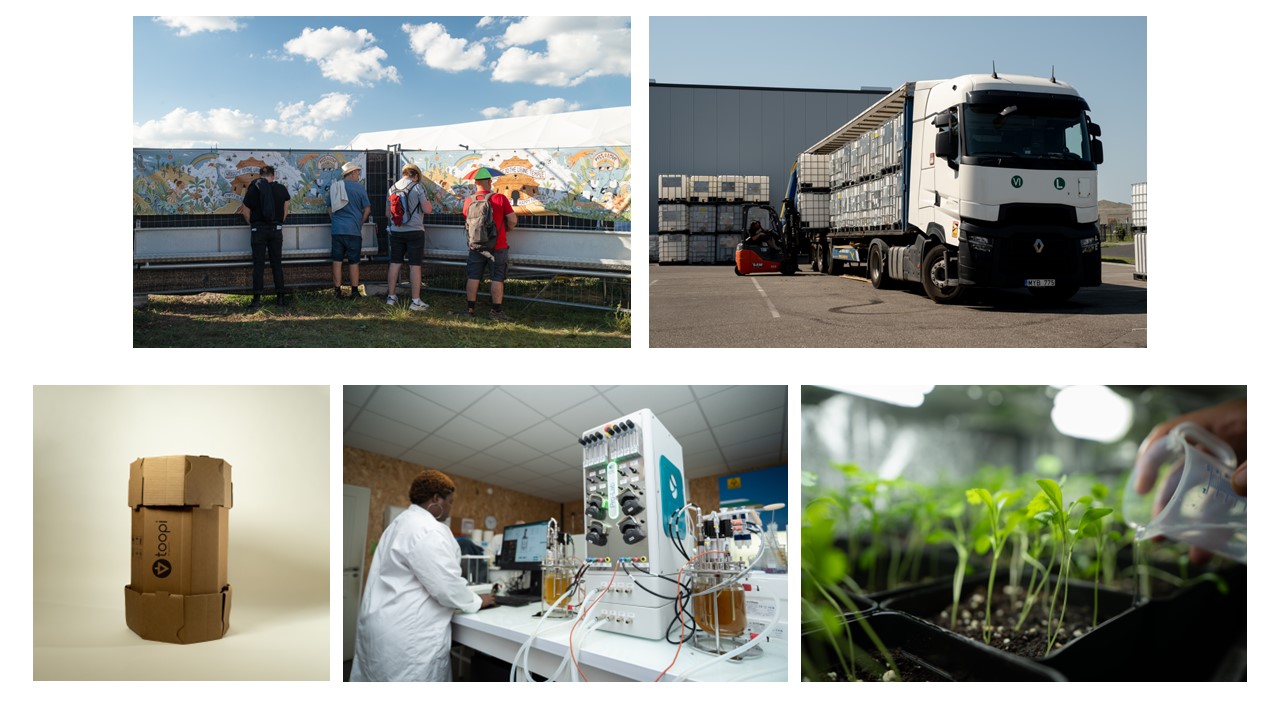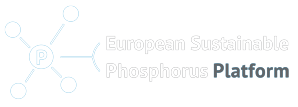Toopi 
18M tons of mineral fertilisers are used every year in the EU. They contain vital nutrients for plants - nitrogen, phosphorus and potassium (NPK) - and ensure high-yield crops. The food system of our growing population relies on their importation, but they are mainly produced from large amounts of non-renewable resources
Currently, more than 6000B liters of drinking water are wasted every year in the EU just to flush urine. It accounts for more than 25% of household water. In the meantime, 25% of the world’s population still does not have access to safe drinking water and our global water resource is threatened.
Concerning human waste, residual sludge from sewage treatment plants is partially recycled in agriculture in the EU. It allows the recovery of a part of the phosphorus, but only a very limited part of the nitrogen contained in wastewater. Moreover, sludge is only a small proportion of the treated wastewater flow. In parallel, human urine contains most of the nitrogen and phosphorus (60 to 80%) treated by sewage plants, wasting these nutrients and releasing a part downstream. Wastewater treatment at the plant also has negative impacts due to energy consumption and greenhouse gases emissions.
As human urine is widely available and contains nutrients of interest for plant fertilization, we might think that using it in agriculture would be the solution to reduce fertilisers use while recycling a waste. However, human urine is not concentrated enough to be directly used in productive agriculture: massive volumes of raw urine would be required to fertilize a crop, leading to huge collection and transportation costs as well as associated carbon emissions.
Based on these alarming observations, the mission of Toopi Organics is to get human urine out of the water cycle and upcycles it through a biotech process using human urine as a culture medium to produce urine-based microbial biostimulants. Toopi Organics has demonstrated that urine contains nutrients but also many growth factors or organic compounds perfectly adapted to the growth of bacteria of agronomic interest. Based on soil microbiome, these biostimulants boost natural processes to increase nutrients uptake and efficiency and promote plant growth to make conventional farming practices evolve towards closed-loop regenerative agriculture.

